Now that you know what kind of opportunities are available to college students from Part 1 of this series, our scholars will share the best and hardest parts of their opportunities. Just because you are a college student, it doesn’t mean your boss will be easy on you, so you must be prepared for any kind of situation. See how these six Pullman Scholars handled the enjoyable and challenging tasks they encountered this summer.
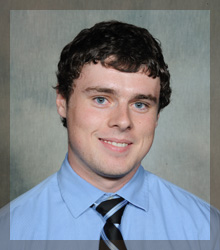
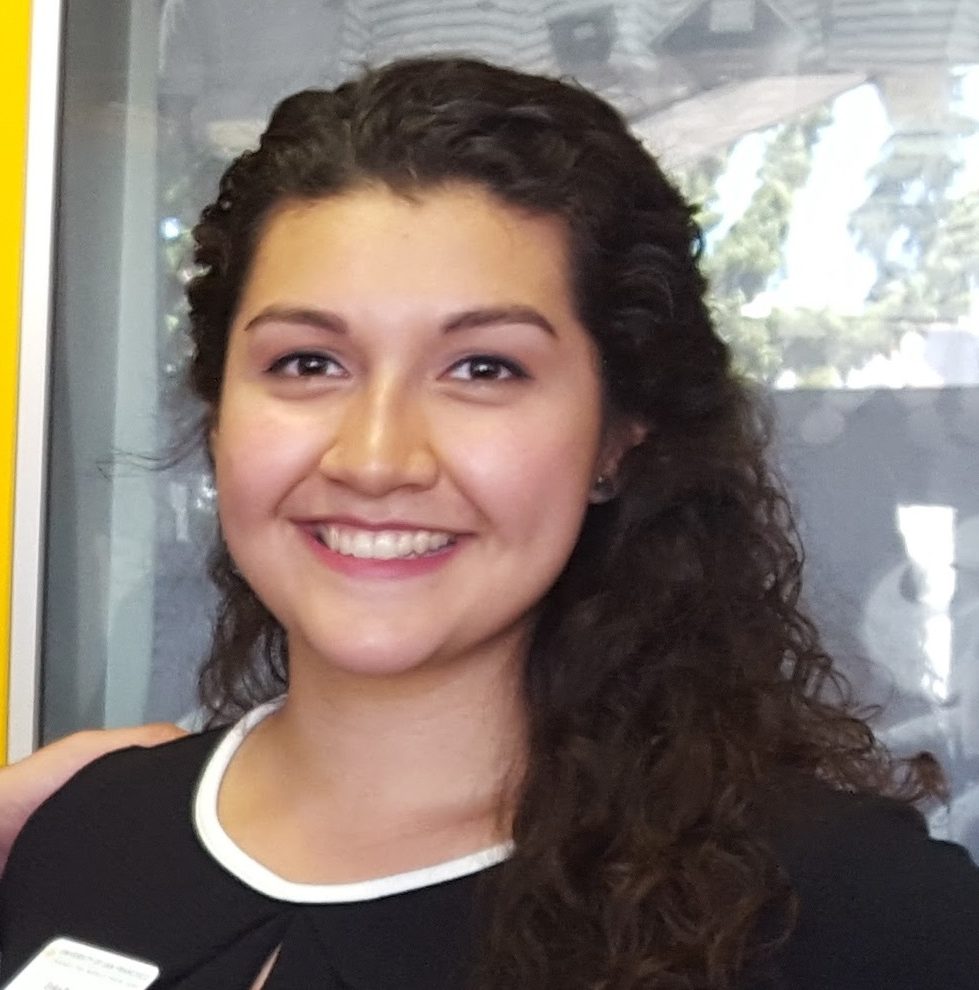
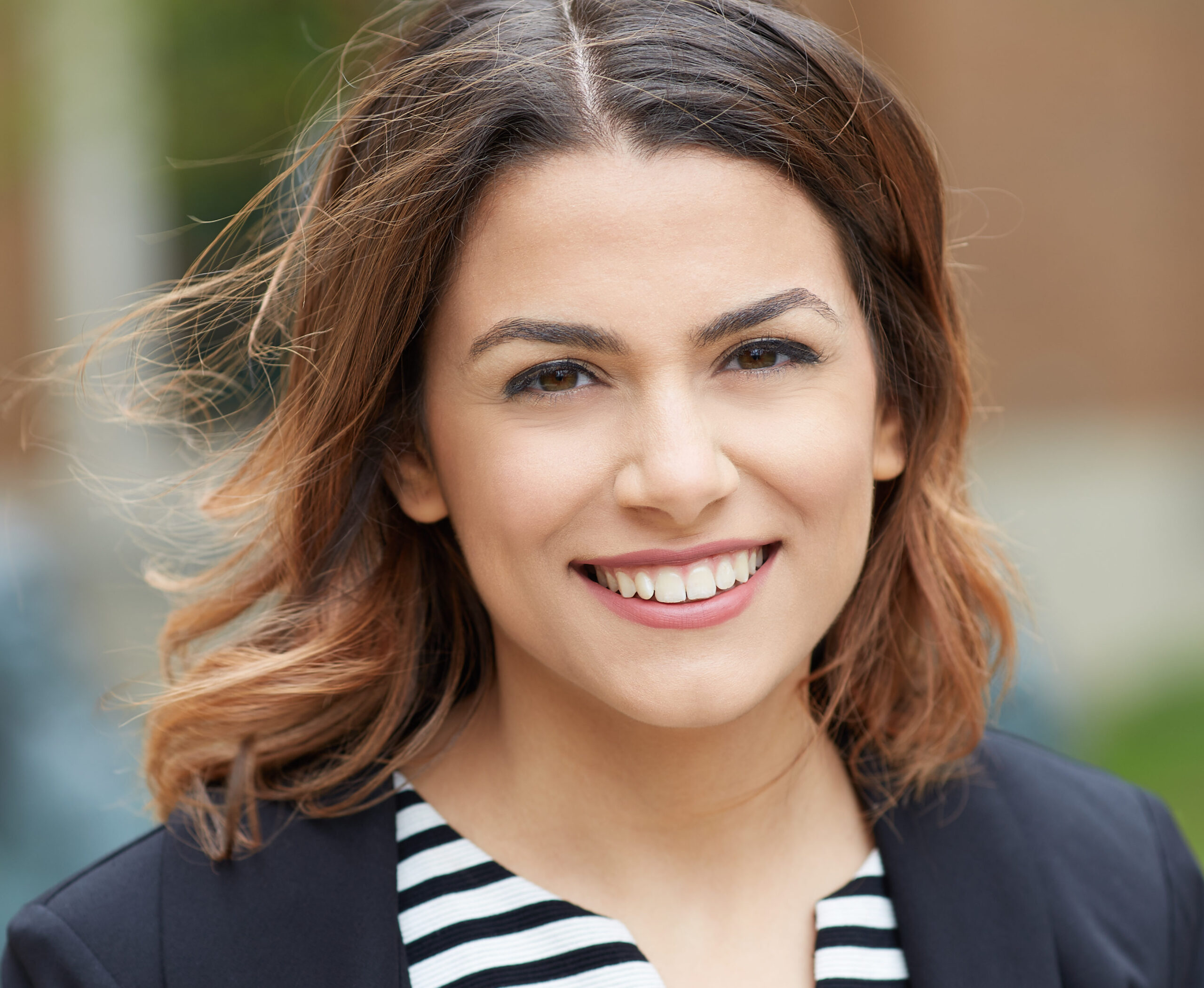
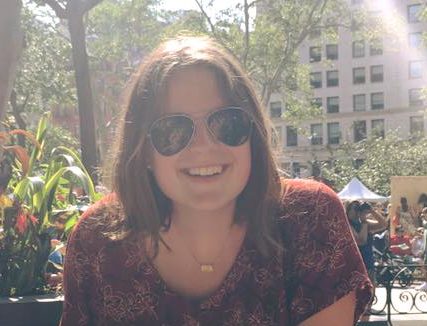
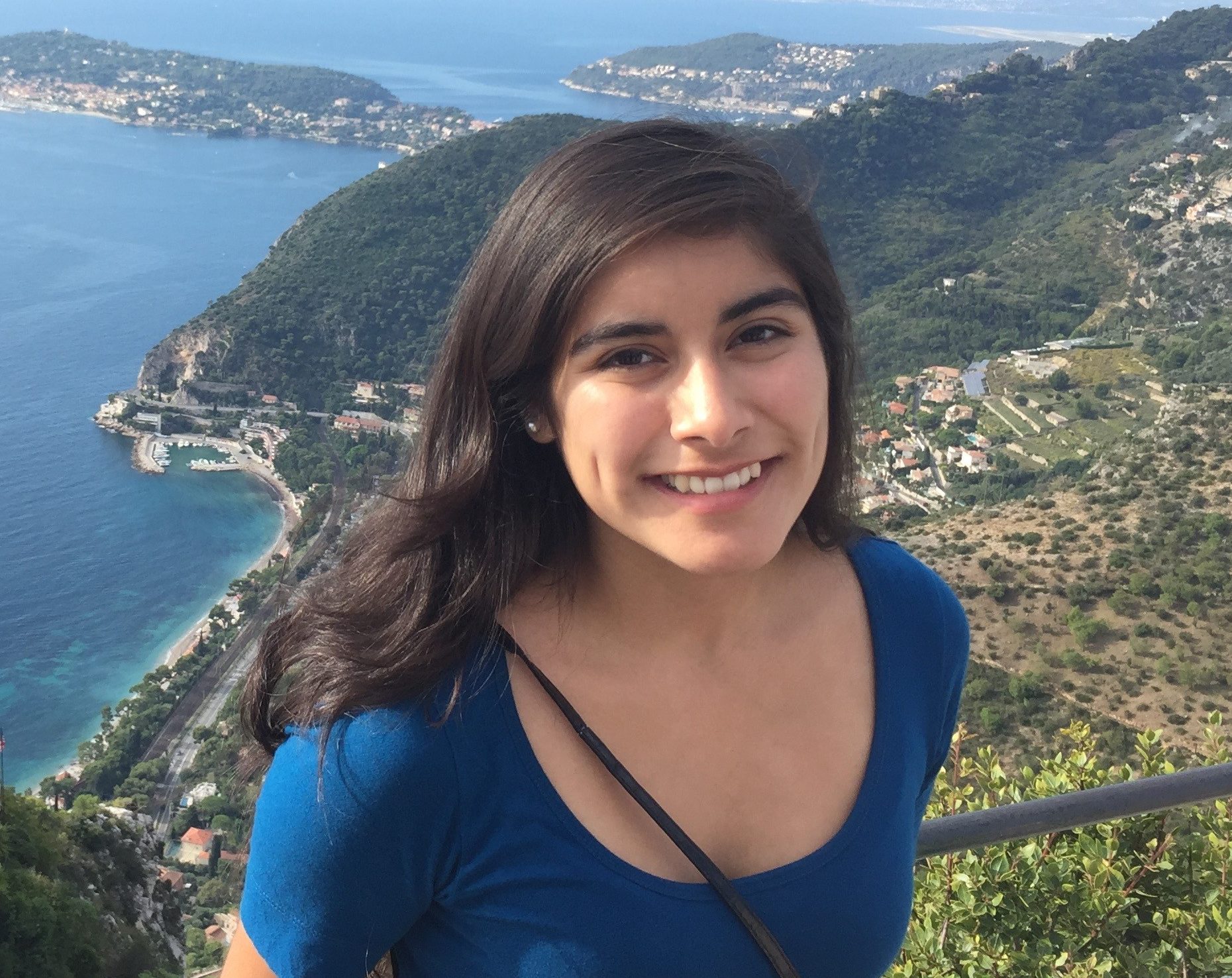

WHAT WAS THE BEST EXPERIENCE SO FAR ABOUT YOUR OPPORTUNITY?
Michael: My best experience so far is realizing how much exercising impacts children. The kids love to be outside playing, and designing games that involve exercise and keep them interested are very applicable to my major.
Erika: My best experience so far has been the weekend trip that our group took to El Chapare, a tropical region in the northern part of the country. We stayed in a small town called Villa Tunari, and although it was a short trip, it was absolutely amazing! We hiked through two parks and had the opportunity to visit bat caves, go river rafting, and zip lining; all of these were new experiences for me. Also, we were lucky to visit the town during the celebration of their patron saint, Saint Anthony, so we got to see a lot of local dances and enjoy the festival that they had during the weekend. In general, I have enjoyed being in Bolivia after taking a class on it. It is interesting to see how everything that we read about occurs in person and seeing the landmarks we learned about in person, as well.
Yara: I am just starting, but I love my team and their commitment to teaching me everything they can. I can ask to be a part of different projects if I am interested in them, which is giving me a well-rounded experience in the field I want to go in. My writing skills are also improving, and I am very excited.
Charlotte: I absolutely love my internship and I’m only three weeks in. It’s really hard to pick one thing! Before this internship, I had only worked with newspapers. My magazine is small staffed which is great as an intern because I’ve been able to do a little bit of everything, from editing to fact checking to reporting and writing. I feel that I can contribute, so I’m really grateful for that.
Xiomara: I’ve only been at Google for a week now, but my best experiences so far have been attending all the events for interns. There are many interns to meet, and everyone has been incredibly friendly and approachable. Interns are enthusiastic about working at Google, so I have made friends from all over working in different offices, under different teams. Google has hosted mixers, an intern kickoff, a baseball game, and a Pride event for all of us to meet one another.
John: There are numerous aspects to the internship that have been enjoyable thus far. I thoroughly enjoy having the ability to converse with clients and understanding their needs. In addition, there have been numerous projects that have allowed me to work alongside management to learn the intangible aspects of the business.
What has been the hardest part of your opportunity?
Michael: Though it has also been the most rewarding part of the job, designing games that the kids enjoy, while at the same time having an exercise application, has been a challenge. When I come up with games that the kids do not enjoy, I have to quickly think on my feet and come up with a new game that they’ll enjoy. Another challenge is being the only staff member. It can be hard to monitor and run games for campers when there are other issues going on — like campers who need an ice pack or parents are calling their phones.
Erika: The hardest part has been trying to develop a sustainable project with the organization that I am working with, La Casa de Los Niños. Once we are accepted to the office to program, FSD pairs us up with a non-governmental organization in the country we will be staying in. La Casa de Los Niños is a community that works with marginalized people of Bolivia. They provide housing, education, and other social services to people with HIV, abandoned children, and children with disabilities. I am working in the school within the community. FSD provides us with $300 to develop a project with the NGO that we work with, but it has to be sustainable. This means that the project should be able to continue working after we leave the community, and should be able to be run by the community members themselves. We can write a grant to ask for an additional $500 to further develop our project if needed.
Although I see a lot of needs within the community I am working with, I cannot simply donate things because this would not be sustainable. Currently, La Casa de Los Niños is working on naming the streets in their community, so I am helping them fund this project. Also, I am developing portfolios for each area of work that they have (education, health, social services, communication, psychological). The purpose of these portfolios is to summarize the work and achievements of the organization so that they can be presented in an orderly fashion when they are working with other organizations or asking for funding. I am interviewing people within the community and collecting their stories to include in these portfolios. In addition, I am working with another volunteer, Daniela, to give classes to some of the students. These classes focus on sharing the cultures, traditions, and languages of the US, Mexico, and Bolivia.
Yara: I tend to be someone who plans and plans and plans before writing, but this position is going to teach me how to write things concisely and in a timely manner.
Charlotte: I’m working at Field & Stream, which is a hunting and fishing magazine. I’ve never hunted or fished before, so the hardest thing has been adjusting to that lingo. But, it’s been amazing because I’m not only learning about the magazine industry, I’m starting to understand a completely new topic, which is why I love journalism in the first place.
Xiomara: Navigating ambiguity! Google thrives on ambiguity and is fully confident that interns can handle projects that would be assigned to any team member. We are pushed to tackle not so simple, but exciting projects. Imagine doing this while figuring out how to get to work, set up video conferences, and finding different offices all on your first week!
John: The greatest difficulty I face each day is a common one, the necessity to manage multiple projects while producing quality work. It is not uncommon for multiple projects to be given that require immediate attention. The important thing is to take each project one step at a time.
To see the original newsletter version, click here.